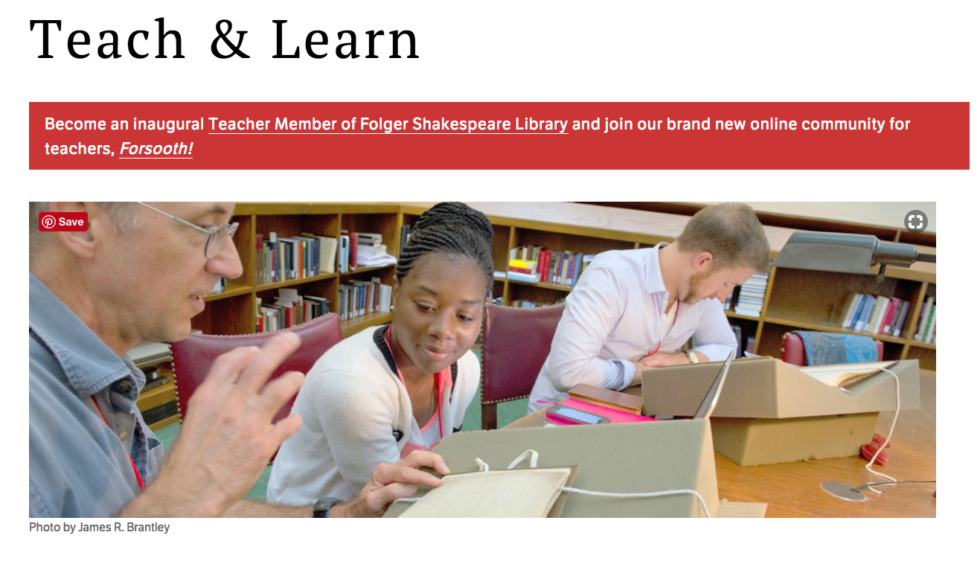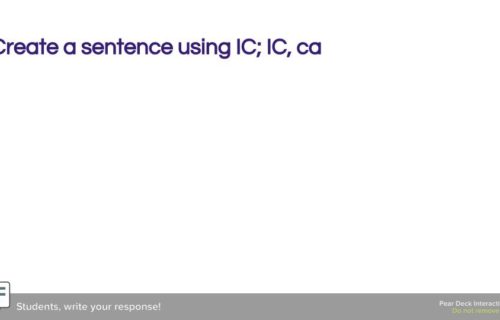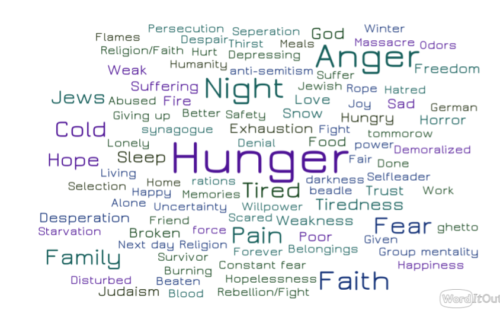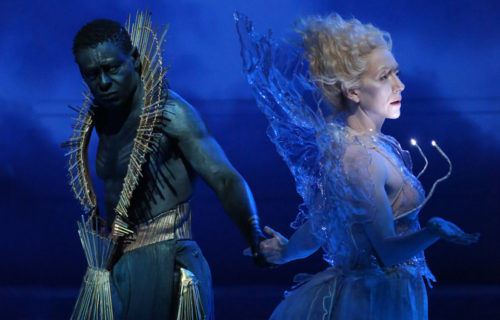
Summer PD with the Folger Shakespeare Library
So for the last two weeks, I’ve been immersed an online class with the Folger Shakespeare Library. One of my professional development goals was trying to better myself and knowledge of my content. My husband has been gone for work, so I’ve been single parenting all summer, and I needed to find professional development that I could do while at home with my kids. Usually, the Folger does in-person summer institutes. I didn’t realize we were one of the first of their online opportunities, but I’m so grateful for the opportunity to take a meaningful class for free and weave it in when it was convenient.
I’ll admit; it was a bit more intense than I thought it would be. I didn’t need to complete it for actual hours, but I still chose to do all of the assignments and work. If I had more time, it would have been nice to interact more with my classmates, but building community wasn’t one of my goals at this point.
I left the session with my mind mulling over how to combine the Folger theories on teaching Shakespeare with the Ignatian Pedagogical Paradigm that we use where I teach. My favorite resources that could be used for any class came from their close reading exercises. While the class was geared toward teaching Romeo and Juliet, so many of the resources can be used for any Shakespeare play (and this year I teach four, so I am thrilled to have so many new resources to better teach these works) and many of the close reading exercises I can use with the other works I teach. I’m particularly excited to try them out when we cover Sophocles in the fall.
For my capstone project, we were supposed to have a lesson. I revised how I teach the opening of Romeo and Juliet and have everything from my introductions through the first scene mapped out. It’s a bit longer than I would normally have done, and I cut all of the history (or as the Folger likes to say the “suburbs”), and I’m really focusing on helping my students embrace the language starting with words, lines, and then moving on to the longer passages. We’re doing more close reading.
I’ll admit. I’m a bit nervous about having them read so much at home. I tend to hold their hand a bit too much and read in class since I’m not convinced that they will read at home. At least I know that what we read in class will be done at a deeper level and that I’ll be doing activities that will set them up for doing well on their final assessments: a paper and performance.
We were challenged to put our own spin on the lessons. I still start my lesson with an anticipation guide of sorts, but I have made it interactive with PearDeck. I don’t plan on telling students that any of the social offense scenarios that we are talking about are related to Romeo and Juliet. I’m also weaving PearDeck into my lessons through the Google Slides add-on. I’m keeping some quotes quizzes I created on Canvas, as well, for the unit. So there’s some technology. I may try to weave it in a bit more with the close reading, too.
I really want the Shakespeare classes, in particular, to focus on discussion and performance. Trying new ideas out at the start of the 19th of my teaching career is a bit nerve wracking, but it is what makes teaching fun. I highly recommend those who teach Shakespeare join Fogler’s Forsooth community. It only costs $25 to become a member and you get access to so many great ideas and primary resources.




Pingback: Project-based Learning: Acting Project for AMSND - The Techy Teacher